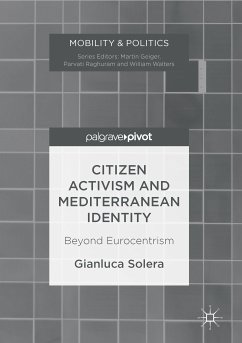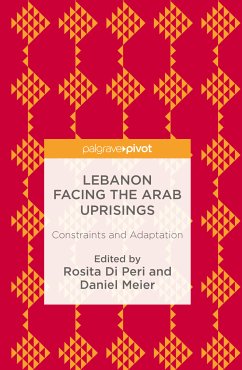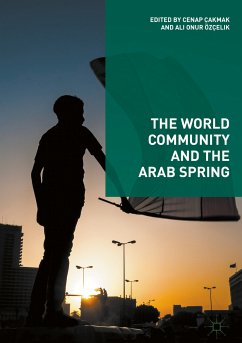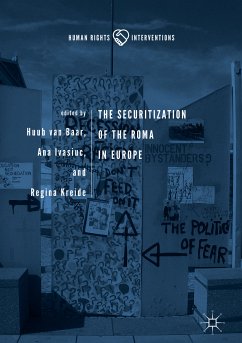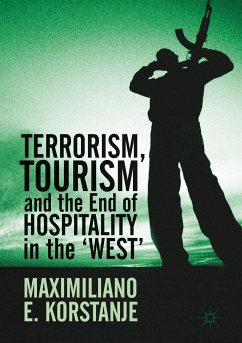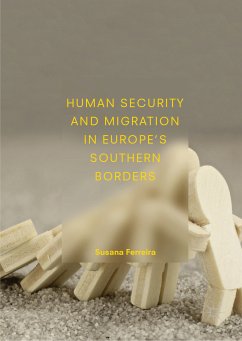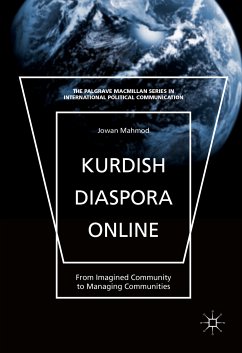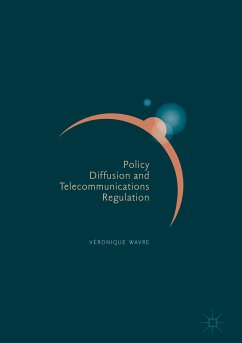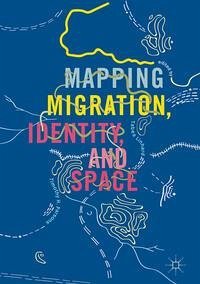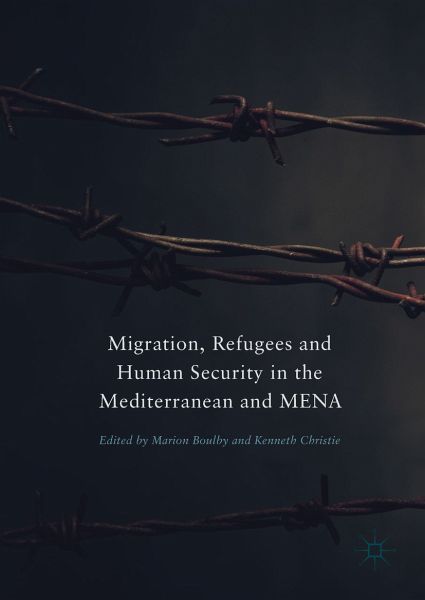
Migration, Refugees and Human Security in the Mediterranean and MENA (eBook, PDF)
Versandkostenfrei!
Sofort per Download lieferbar
72,95 €
inkl. MwSt.
Weitere Ausgaben:

PAYBACK Punkte
36 °P sammeln!
Provides a comprehensive overview of the relationship between human security and migration in the Mediterranean/MENA regions
Explains how the current crisis affects regional European policy and national policies on migration and immigration and how interventions and international legal instruments can play a part in resolving this crisis
Dieser Download kann aus rechtlichen Gründen nur mit Rechnungsadresse in A, B, BG, CY, CZ, D, DK, EW, E, FIN, F, GR, HR, H, IRL, I, LT, L, LR, M, NL, PL, P, R, S, SLO, SK ausgeliefert werden.



